By Oreva Godwin
I went to the salon to make my hair, and as usual, the small talk began. The salon owner, who is a fan of my articles, started praising my work. I joked that maybe I was becoming “An up coming celebrity.” In the middle of our banter, a woman overheard us and asked for my number so she could be receiving my write-ups.
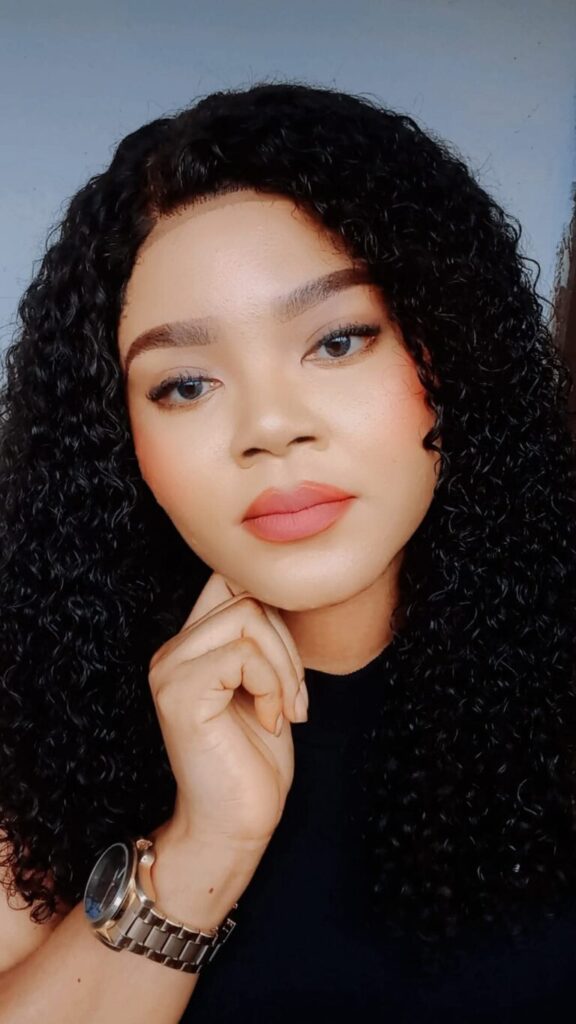
Oreva
For a month, I sent her my work. She never responded. No comment, no reaction. Then, one day, she called and asked me to meet her. Her first words were that she connected deeply with my article “Are women truly the weaker vessel?” She asked me to tell her story.
My name is Evi, I am 69 years old, and this is my story. My father was a polygamist. We were 20 children in total, 14 girls and 6 boys. I was the youngest. My father’s favorite was our eldest sister, a beauty who could melt his heart.
In those days, educating a girl was seen as a privilege, not a right. My eldest sister was the chosen one. She went to school but later got pregnant for a commoner. My father was furious. Out of rage, he declared: ‘A girl child is a waste.’ He built her a house, gave her a sewing machine, and cut her off.
That single act ruined the rest of us. He withdrew all the girls from school and invested only in his sons. ‘Female education is a waste,’ he would say.
At the end of the day, you will end up in your husband’s house, and he will dictate your fate. But my mother was determined. She worked herself to the bone, selling starch and frying bean cakes just to keep me in school. With her sacrifice, I got a scholarship and studied at the University of Ibadan. I had no social life, no distractions, only a burning desire to prove to my father that I was not a waste.
After graduation, I moved to Lagos and got a banking job at UBA. That was where I met Ifeanyi, a businessman who later became my husband. My father had warned me not to marry him because he was Igbo. He told me, ‘You are walking into a lion’s den. Love may blind you, but his family will not spare you.’
Oh I wished I had listened. I fought back. Told him how he had no say over my life and how he made me become a woman at such a young age without his support. So why does he want to play the role of a father?
I ignored my father. I thought I could prove him wrong. I thought I was in love. My dad saw that nothing could change my mind. You don’t advise someone in love. So he reluctantly consented to the marriage. We wedded, and life almost proved my dad wrong. Well, so I thought. But marriage proved otherwise.
The marketing job at the bank became demanding. I wanted a year to myself before trying for a child. But Ifeanyi wouldn’t have it. I got pregnant six months after the marriage and then everything changed.
Six months in, I was pregnant and pressured to quit my job. Then his family moved in, brothers and cousins who came as apprentices, his sister, and even his mother. I
became a slave in my own home. I was totally disrespected.
I will cook and they will dish the food without my permission and dished as they liked. They spoke only their language, excluded me, and I felt like a stranger. When I complained, my husband replied: ‘My family comes first.’
I had a baby girl, and my mom was invited over to care for me. My mom saw what I was going through in my marriage. She cried and said, “even your father that married four of us and made me his fourth wife, did not make me suffer like this.’ My mom then asked : ‘is it the school I slaved myself to send you to only for you to end up with this choice?’
I became a glorified house wife. My routine was to cook for the house, and take food to my husband in the shop. I had four girls, no male child. This caused more war at home. His family mocked me, calling my daughters ‘liabilities.’
Eventually, I discovered that he had secretly married another woman, who bore him a son. When I confronted him, his family told me to leave and take my ‘female liabilities’ with me. My husband did not defend me.
I returned home to my parent’s place broken. For the first time in my life, my father hugged me and I broke down in tears. When I was done crying my father looked at me and said, “oh my last seed, the one that still proved to the world that my seeds are strong and active ” I laughed so hard. We both laughed to the extent that I was crying and laughing. My dad looked at me with pity in his eyes.
Thereafter, we sat down and I told him everything. He sighed and said, “I’m not surprised. I saw it coming, but you never listened. I knew you were going to the lion’s den. When I saw your inlaws, I went into my room and cried. I called on the gods to be with you, because I saw war.”
My father continued; ‘I warned you, but still, don’t prove me right.’ Then I asked, him back: ”prove you wrong?’ He said, ‘prove to me wrong that education of a girl child is not a waste.’
My father’s words lit a fire in me. I picked myself up. I went back to Lagos. I applied for a job at one of the multinational oil companies through a contact I made while working at the bank – a client. Few months later, I got my appointment letter. A friend promised to accommodate me and the kids till I could get back on my feet.
I filed for divorce, and rebuilt my life. Today, my children call me their role model. That would never had happened if I was still a house wife. I retired early and started my own company. I raised my daughters to be strong and to know their worth. I am a proud grandmother, a real estate owner, and a fashion entrepreneur. I never remarried. I chose myself.
I can say proudly that the girl child is not a waste. But too often, we waste ourselves trying to please men and displease ourselves.”
Evi’s story is the story of many women silenced by culture, betrayed by love, and underestimated by family. But it is also a story of resilience, proof that a girl child can rise, even when the world conspires against her.
A girl child is never a waste. The real waste is a society that refuses to see her worth.


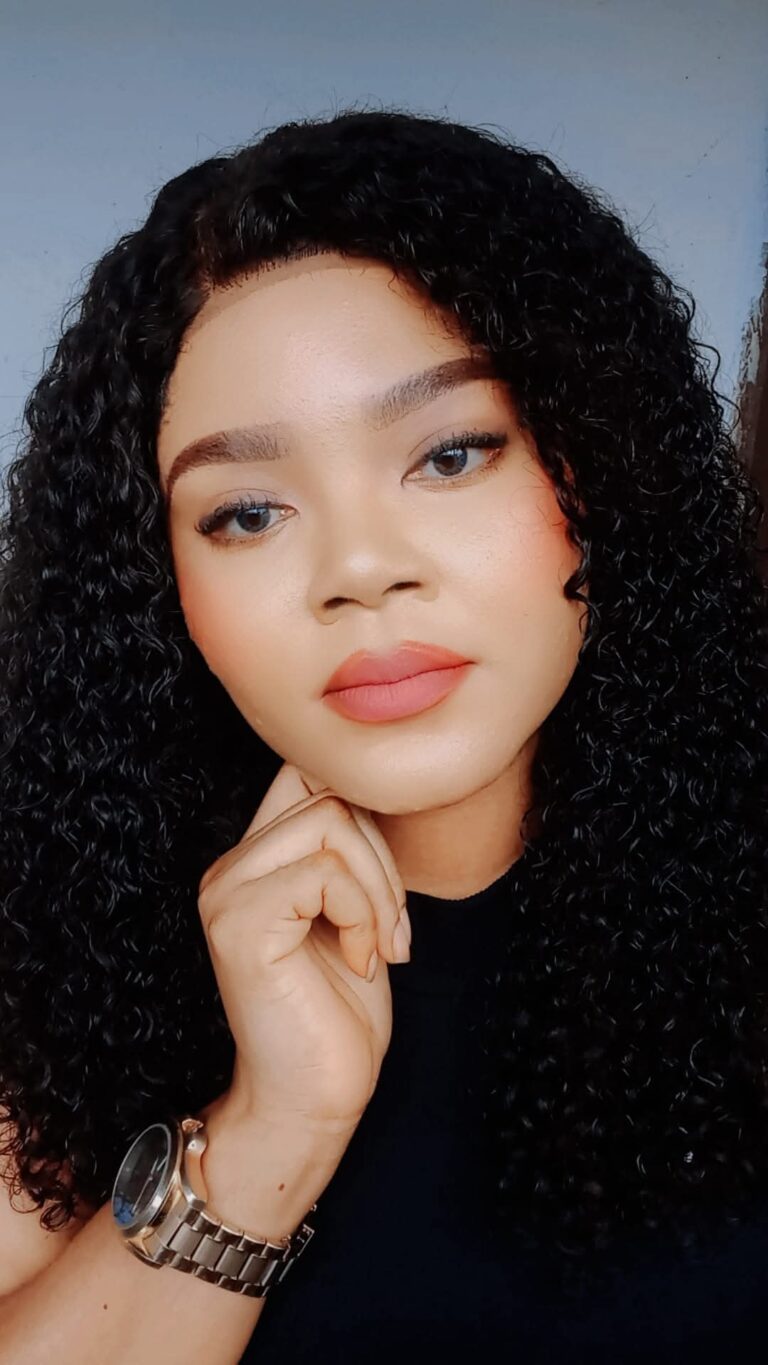
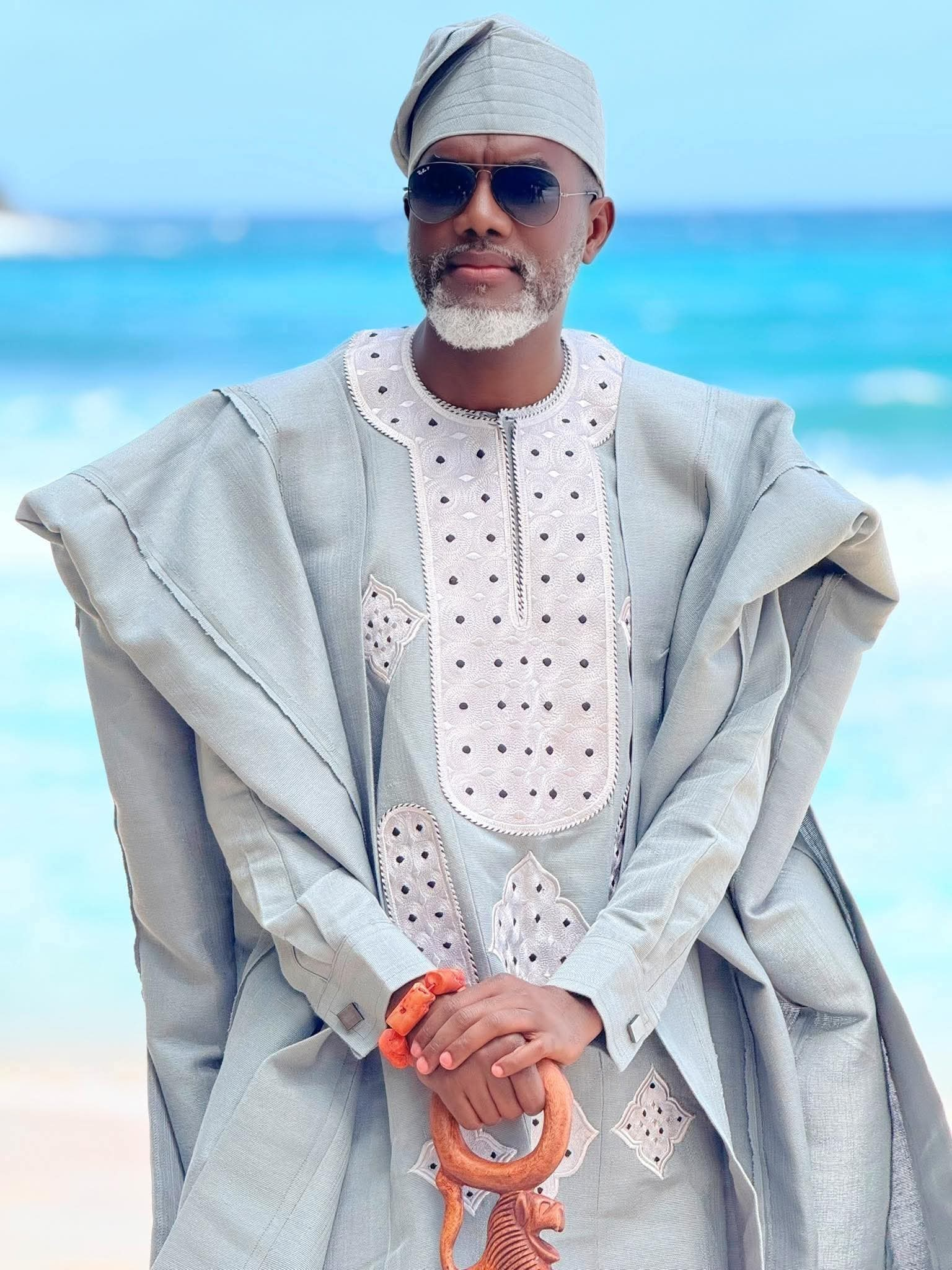


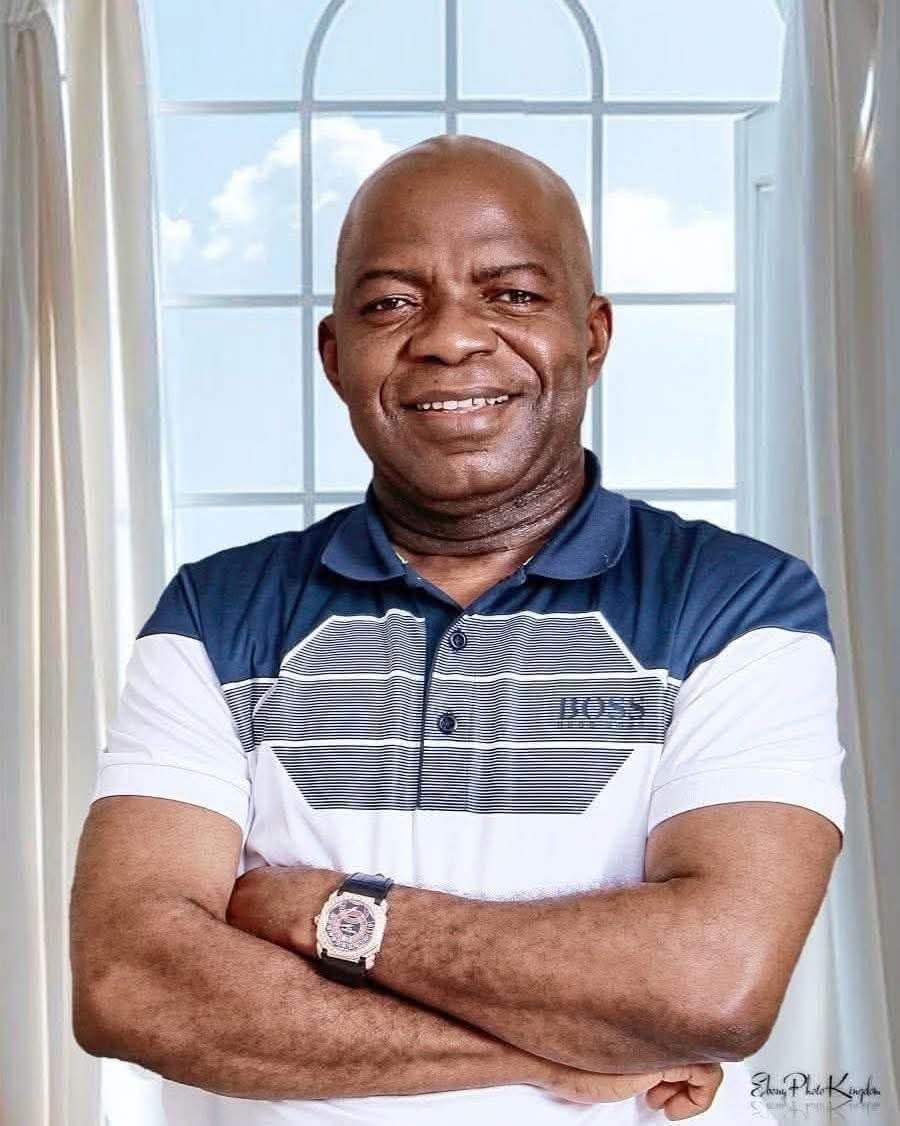

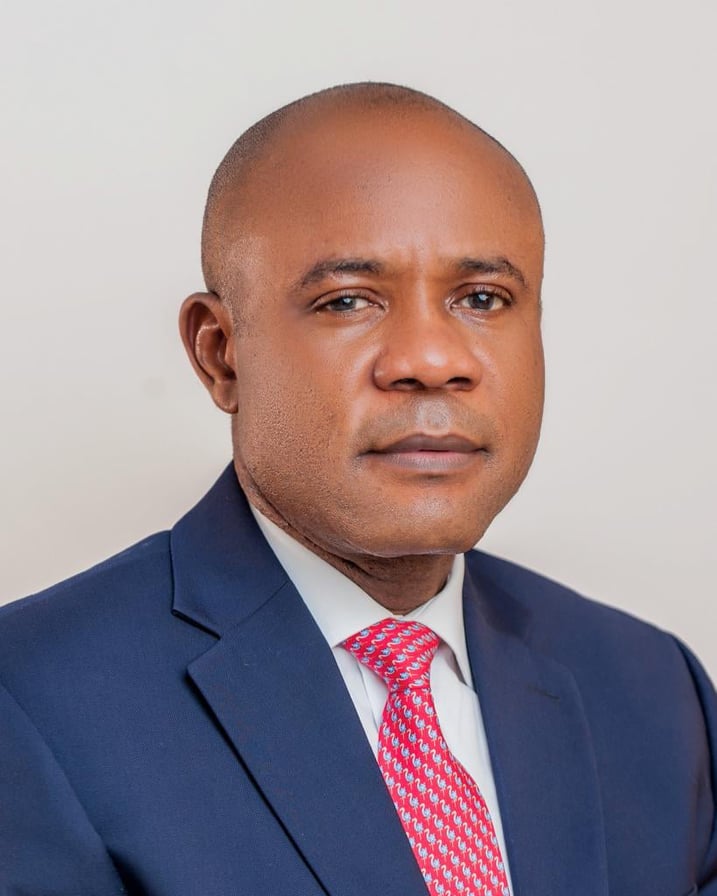
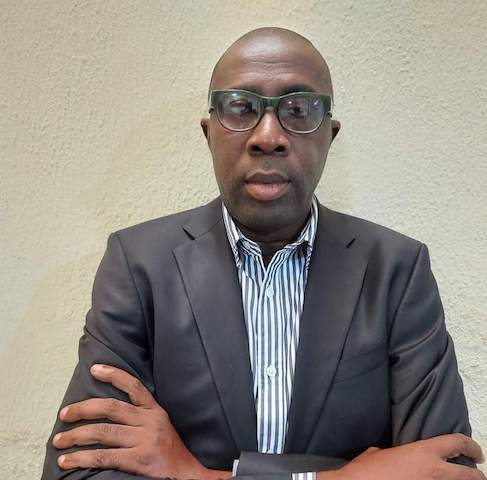

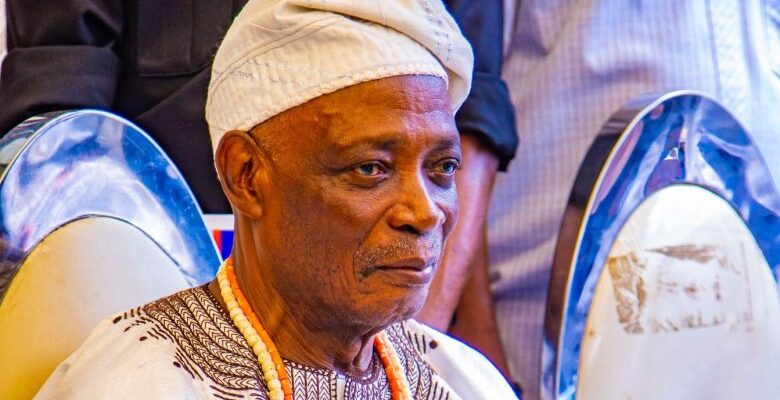

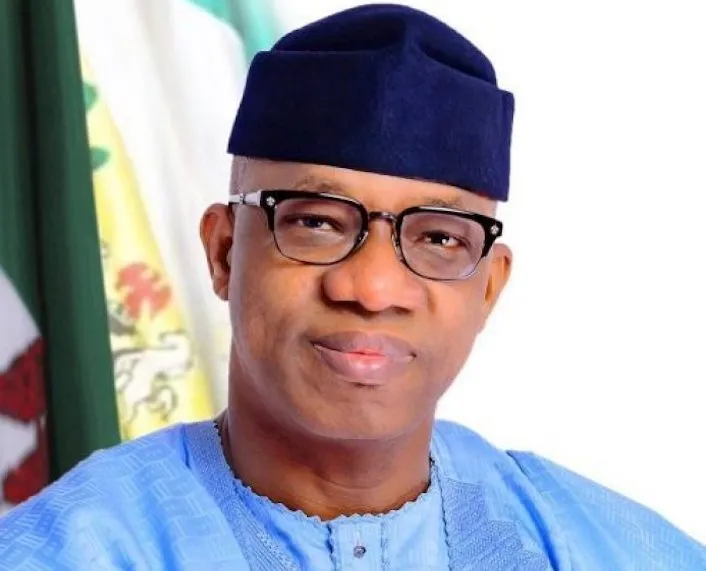
Leave a Reply